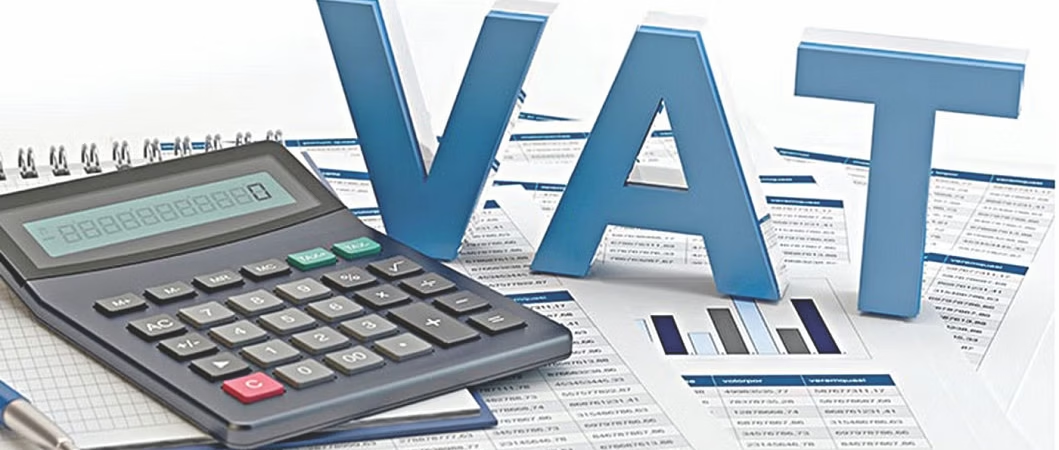In Bangladesh, Value Added Tax (VAT) is an essential part of the government’s revenue system. Here’s a breakdown of why VAT is required, how it works, how often companies pay it, the benefits, and consequences of non-compliance.
📜 What is the VAT Act in Bangladesh?
The Value Added Tax and Supplementary Duty Act, 2012, also known as the VAT Act 2012, is the main law governing VAT in Bangladesh.
Key Features:
- Effective Since: 1 July 2019 (enforced through the VAT Rules 2016)
- Administered by: National Board of Revenue (NBR)
- Applies to: Manufacturers, importers, service providers, wholesalers, and retailers
- Standard VAT Rate: 15%
- Alternative Rates: Some sectors have reduced or zero VAT based on policy (like essentials, exports, agriculture)
Major Requirements Under the Act:
- Mandatory registration if annual turnover exceeds BDT 3 crore
- Monthly VAT returns (Mushak-9.1) submission
- Maintain digital records and invoices (Mushak-6.3)
- Electronic VAT system (e-VAT) through the portal: vat.gov.bd
🧾 Why People and Companies Have to Pay VAT in Bangladesh
- Legal Requirement:
VAT is mandatory under the Value Added Tax and Supplementary Duty Act, 2012. It’s a tax on consumption that applies to goods and services at every stage of the supply chain. - Revenue for Development:
VAT contributes a significant portion of the national budget. This money is used for:- Building roads and bridges
- Funding hospitals, schools, and government services
- Ensuring infrastructure and social development
- Fair Tax System:
VAT spreads the tax burden because it’s paid by consumers based on consumption. Businesses collect and deposit it on behalf of the government.

📅 How Often a Company Should Pay VAT
- Monthly VAT Return:
- Every VAT-registered business in Bangladesh must submit VAT returns every month through the Mushak-9.1 form.
- The return must be filed within 15 days of the next month.
- Payment Frequency:
- VAT should be paid monthly, along with the submission of the return.
🎯 Benefits of Paying VAT
- Legal Compliance:
- Avoid legal issues, penalties, and audits.
- Helps build a positive reputation and credibility.
- Eligibility for Tenders and Loans:
- Many government and international contracts/tenders require VAT-compliant documents.
- Banks often ask for VAT returns when processing business loans.
- Input Tax Credit:
- Registered businesses can claim credit on VAT paid on purchases (called Input VAT), reducing overall tax burden.
- Business Growth:
- Being compliant improves business transparency and makes expansion easier.
⚠️ What Happens If a Business Doesn’t Pay VAT
- Penalties and Fines:
- Non-compliance can lead to fines up to BDT 10,000, and 1.5%-per-month interest on unpaid VAT.
- Legal Action:
- The government can take legal action, including seizure of goods, freezing bank accounts, or even jail time in extreme cases.
- Blacklisting:
- Businesses may be blacklisted from government contracts or licenses.
- Loss of Input Tax Credit:
- If not registered, you can’t claim input tax, which increases overall cost.
🔗 Useful Links
- NBR VAT Portal: vat.gov.bd
- NBR Official Website: nbr.gov.bd
